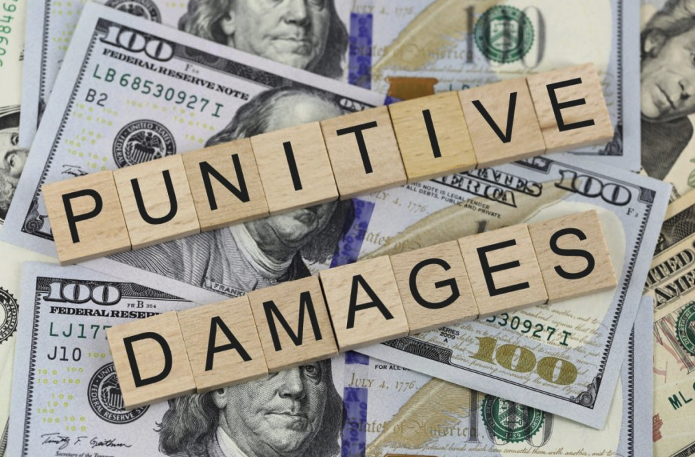
Punitive damages are not awarded in all cases. They punish the wrongdoer and send out a message that others shouldn't follow suit. Unlike compensation for medical bills or property damage, punitive damages are awarded only when someone is exceptionally careless or harmful.
Recognizing these situations can help those who’re wondering whether they are eligible to seek punitive damages. It’s recommended that accident victims hire a personal injury lawyer to deal with the challenges involved in seeking compensation.
Four situations where courts are more likely to award punitive damages are listed below.
Punitive damages are sometimes awarded when the wrongdoer intends to harm someone intentionally.
For example, someone who hurts someone intentionally is awarded punitive damages by the court. If you were harmed deliberately, you should speak up and tell the court about your experience. In these cases, the punitive damages compensate you and warn others about such actions.
Gross negligence is the carelessness of someone who causes serious harm (or lack of action). For example, a company that sells defective products, like a car with bad brakes, is considered grossly negligent if they sell the product regardless of their knowledge of the defect. If this negligence causes an accident, the injured person may receive punitive damages.
The courts say such conduct constitutes a blatant disregard for the safety of others. Awarding punitive damages makes sure that companies or individuals think twice before taking such risks in the future.
Punitive damages may be awarded if someone commits fraud or deceives another person. As an example, in case a business claims its products are secure or a financial advisor tricks you into committing your savings in a scam, the courts might punish the company with punitive damages.
Cases involving fraud usually leave people feeling betrayed and broke financially.
Reckless behavior is when someone acts carelessly and without thinking about the consequences, even if they did not mean to cause harm. As an example, a drunk driver who causes a major crash is ordered to pay punitive damages. Their behavior demonstrates utter disregard for others 'safety. This is common in personal injury cases, and courts often award punitive damages to show that reckless behavior will not be accepted. In case you have been hurt this way, you deserve justice.
Punitive damages are a way of holding wrongdoers responsible and stopping similar actions down the road. In case you suspect your case fits in one of those situations, you can take legal action.
Punitive damages can help prevent acts of gross recklessness while penalizing the at-fault party. Knowing when punitive damages are granted can help you understand your case. But these cases can be complex, and evidence is vital. That is why you want a seasoned lawyer on your side. They can assess your situation and fight for the compensation you deserve. They can also take the case to court if out-of-court negotiations fail.